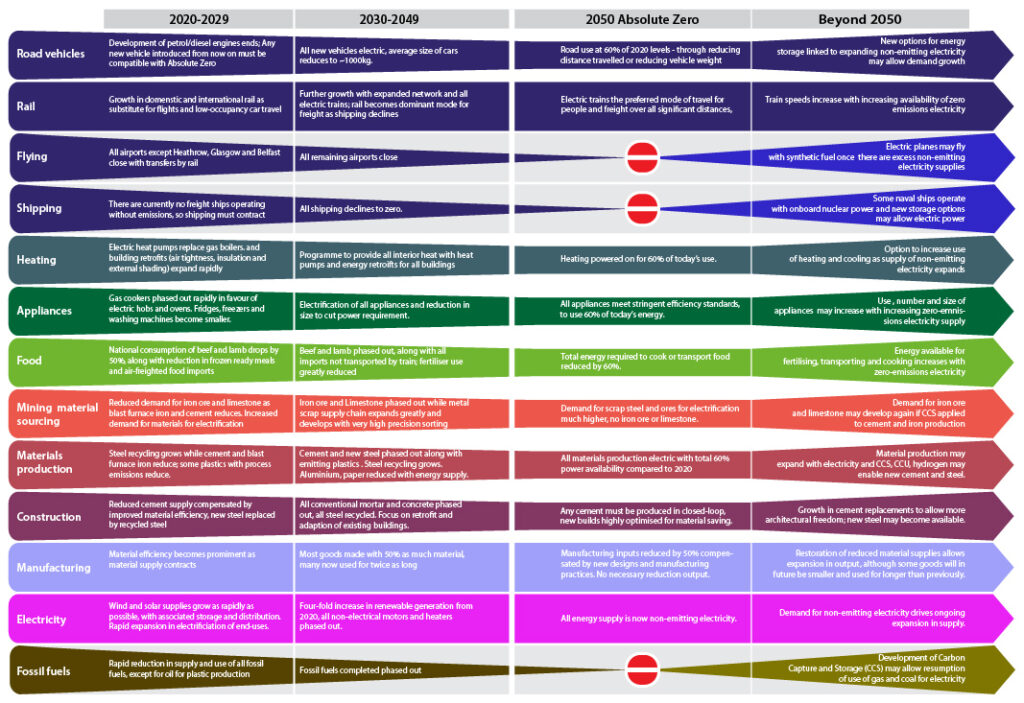We are nearing a turning point for democratic support for environmentalism. Gordon Brown’s 2008 Climate Change Act legislated to slash CO2 emissions by 80 per cent by 2050, a seismic shift pushed through with little debate but much superficial public approval. Theresa May strengthened this to 100 per cent by 2050, the “net zero” target; again, the public liked the sound of this, if not of Mrs May. China will continue to increase its emissions by more than we cut ours, but our entire ruling class has signed up to this iron-clad legal framework, with no dissent tolerated.
Zero Carbon
Browse the articles related to this topic below.
Join our community on Guilded.
While transport and buildings are the major drivers for emissions in cities, the share of individual emissions is significant.
Personal carbon allowance programs have had limited success due to a lack of awareness and fair mechanism for tracking emissions.
Yet there have been major developments in recent years that could help realise “My Carbon” initiatives.
Absolute Zero Report – UK Fires
UK demand for energy-intensive materials is growing, driving increased emissions in the UK and abroad. UK FIRES is a research programme sponsored by the UK Government, aiming to support a 20% cut in the UK’s true emissions by 2050 by placing Resource E ciency at the heart of the UK’s Future Industrial Strategy.
We have to cut our greenhouse gas emissions to zero by 2050: that’s what climate scientists tell us, it’s what social protesters are asking for and it’s now the law in the UK. But we aren’t on track. For twenty years we’ve been trying to solve the problem with new or breakthrough technologies that supply energy and allow industry to keep growing, so we don’t have to change our lifestyles. But although some exciting new technology options are being developed, it will take a long time to deploy them, and they won’t be operating at scale within thirty years.

https://www.repository.cam.ac.uk/bitstream/handle/1810/299414/REP_Absolute_Zero_V3_20200505.pdf